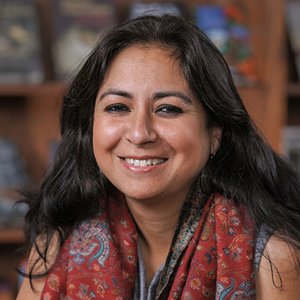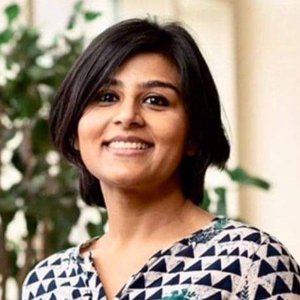ISD10: Critical South Asian Feminists
About
This transnational, intersectional and interdisciplinary feminist group transcends both geographic borders and community divisions by exploring caste, occupation and Islamophobia in both South Asia and the South Asian diaspora in North America.
Active since: 2022
Closed Group of Collaborators
- Syracuse University
- Colgate University
Collaborative Goals
The goal of this interdisciplinary group is to combine the resources and expertise of its members to rethink the intersections between state power and social inequalities in South Asian Studies. In the 2022-2023 academic year, this working group dove deep into the history and context of how Kashmir is studied in South Asian and diaspora academia. This iteration of our working group will undertake a collaboration between our members and Syracuse’s S.I. Newhouse School of Public Communications to study journalism and media criticism in and about South Asia’s marginalized communities, particularly those caught in various states’ security apparatus during the ‘War on Terror.’ While the scholarship on South Asia has made considerable strides in challenging Western imperial frameworks, not enough attention has centered on its erasures of caste, military occupation and Islamophobia. The scholarship, both academic and journalistic, on South Asia continues to be India-centric and privileges histories and political frameworks that tend to consolidate India’s political stronghold over the sub-continent. The Hindu Right and its authoritarian control is peaking in India -- often using American War on Terror tactics to grow its own security apparatus -- and the rightwing Hindu government is invested in reinterpreting the subcontinent’s history by hearkening back to a golden age of Hinduism. In such exclusive visions of India, marginalized communities can exist only as second-class citizens with attenuated rights and privileges.
At this time, scholarly narratives from hitherto neglected countries, regions, and communities of South Asia offer alternative perspectives of the subcontinent’s rich and diverse histories. In keeping with these larger political and intellectual goals, this working group will engage with emerging public-facing scholarship, media and media criticism about South Asia and its various resistance communities.
Group Organizers



Group Members
- Ritu Radhakrishnan, Associate Professor, SUNY OSWEGO
Activities
Islamophobia, the War on Terror, and the Rhetoric of State Violence
April 12, 2024, 4 p.m.
Podcasting/Broadcast Training with Journalist Natasha Senjanovic
April 12, 2024, 1 p.m.
'Hostile Homelands' Discussion Group
Nov. 10, 2023, 3 p.m.